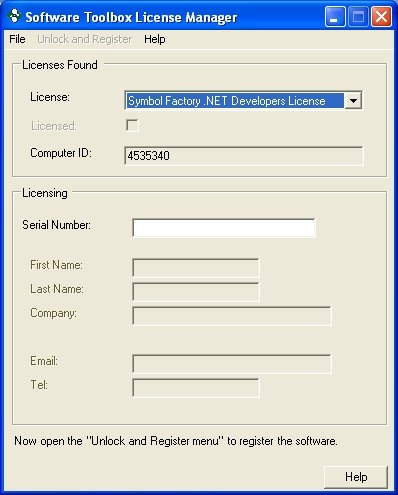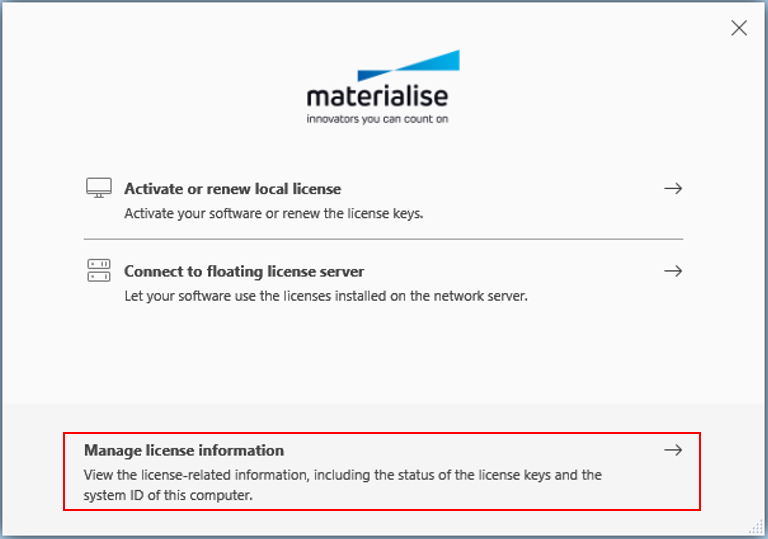
Computer Id How To Recognize PC
Advertisement.Pointers on how to recognize PC support/coldcalling/ammyy.com/logmein.com scams before you hand over any cash.If you lost your Windows 10 product key, use one of the methods shown in this post to find Windows 10 serial number or license key. Your machine ID appears to the right of Computer Name in the Computer Name, Domain and Workgroup Settings section. The System dialog box appears on the screen. Lansweeper uses two methods to retrieve software license keys: It searches the HKEYLOCALMACHINE registry locations listed in the Lansweeper web console under SoftwareLicense Key Settings, for each Windows computer.Hundreds of registry locations are built into Lansweeper, though most are disabled by default to reduce network traffic during scanning.Click 'PC Info' in the Settings menu.
But if you’re not accustomed to receiving international calls and you share my dislike of businesses that call without showing the number they’re calling from, it is at least a warning to be on your guard. That doesn’t, of course, guarantee a scam. If you have caller-ID enabled on your phone display, you may see International or Number Withheld. The host ID in this context, depending on terminology used for your host operating system, is a 12-character Physical (Ethernet adapter) Address or hardware (Ethernet) address. But then, since the problem isn’t going to disappear any time soon, I guess advice on how to recognize it before you hand over any cash isn’t going to pass its best-by date too soon, either.In this context the host computer is known as the license server. Unfortunately, I wasn’t able to do that immediately, and then I was on vacation with no Internet connectivity (I should do that more often!).
These are companies that are very unlikely to contact an end-user directly about a virus problem: frankly, it’s pretty time-consuming to trace individual users who may have a security issue. The caller is likely to claim to represent or to be affiliated with a well-known name – Microsoft, Cisco and Dell (and, more recently, BT) are frequently mentioned, though the nature of the affiliation is often vague. If, as often happens, they take no notice, it’s probably a good time to put the phone down. If you’re on a national “ do-not-call” register, pointing that out early in the conversation is a pretty good way of whether a call is likely to be from the same region. Nonetheless, the moment, nearly all the reports of support scams that I’m seeing note that the caller sounds Indian, and almost all of the sites and domains we’ve been able to trace (and in some cases, block) have had an Indian connection. India is a major provider of legitimate call-centre services to many parts of the world, so you can’t assume that a caller with an Indian or Asiatic accent is a scammer, just as you can’t assume that all Nigerians are 419 scammers (or even that all 419s are Nigerian in origin).

Or, more vaguely, “your computer”. There are spam or virus reports associated with your IP address. The details of your system are on some imaginary database.

Or he may tell you that CLSID stands for Computer License ID, and that you need to renew the license. However, the scammer will usually tell you that this is the unique identifier of your PC, as proof that he can see that there is a problem uniquely associated with your PC. Zfsendtotarget extension file is associated with the compressed (zipped) folder form in Microsoft windows. Microsoft tells us that ASSOC “Displays or modifies file name extension associations.” However, scammers tend to use one of the items near the bottom of the list it outputs that looks like this.ZFSendToTarget=CLSIDWhat that ASSOC command actually tells us here is that the. When you see the Event Viewer screen, say something rude and put the phone down, if you’ve let them get that far.
When a folder listing like those above appears, the victim believes that the system is listing malicious files. So how are they misused by scammers? By asking a victim to press Windows-R to get the Run dialogue box, then asking them to type in something “prefetch hidden virus” or “inf trojan malware”. The “INF” command actually shows the contents of a folder normally named C:WindowsInf: it contains files used in installing the system. INF and PREFETCH are legitimate system utilities: The “Prefetch” command shows the contents of C:WindowsPrefetch, containing files used in loading programs. Tell him where to stick his license and put the phone down.
In some cases, they may simply give up at this point, or they may try to persuade you that they’re genuine by giving some information about themselves (or, more to the point, their company). Make it clear from the start that you’re not going to give that information to anyone you can’t validate as genuine. The whole point of the exercise (and they’ll probably want you to do it before they actually “fix” your system) is to get you to give hand over credit card details. Time for another rude word.For the scammer, there are two other critical steps. You could type “inf elvish fantasy” or “prefetch me a gin and tonic” and you’d get exactly the same directory listing, showing legitimate files.
Nonetheless, the earlier in the process you disengage and make it clear you’re not interested, the less hassle they’re likely to give you: at least, in terms of that specific phone call. Don’t go there: why would you give someone who just rang you up out of the blue access to your system?Of course, we can’t guarantee that they’ll use any particular approach, and in fact you may get threatening or abusive behaviour before they give up. The other is to persuade you to download remote control software (most often from logmein.com or ammyy.com) so that he can demonstrate to you that he’s downloading utilities (usually these are free versions of genuine software, but of course they could in principle be anything…) and fixing your imaginary problems. Tell them you’ve talked to the police, or to a security company, or even to Microsoft, and the chances are they’ll give up sooner or later, though they may bluster for a while. Unfortunately, there’s a good chance that they’ll call you back eventually if you don’t ring them back: they really do want your money.


 0 kommentar(er)
0 kommentar(er)
